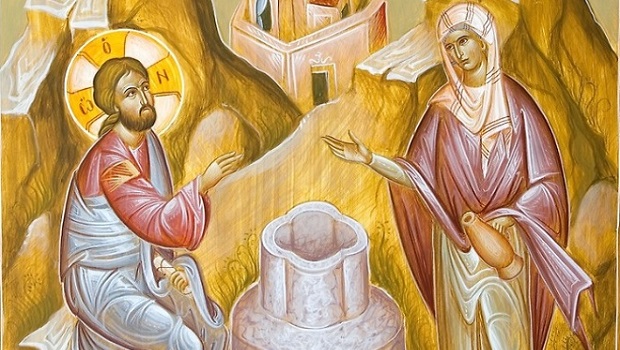Vasilios Grillas, Theologian
When Judas, who had betrayed him, saw that Jesus was condemned, he was seized with remorse and returned the thirty pieces of silver to the chief priests and the elders. ‘I have sinned’, he said, ‘for I have betrayed innocent blood’. ‘What is that to us?’ they replied. ‘You see to it’. So Judas threw the money into the temple and left. Then he went away and hanged himself. (Matthew 27, 3-5).
It is not uncommon, though certainly unhealthy, for people to confuse remorse with repentance. The confused situation in which we find ourselves today also engenders confusion in theological thinking. This is clear if we take into account the huge gap between theological theory and theological experience. So, on the level of the inadequate functioning of theological experience, remorse is equated with repentance.
Remorse consists of an emotional acknowledgement of an error which arises from a subjective identification of the subjective with the objective and, indeed, with the illusion that this involves our reinstatement on the path to salvation. What is absolutely certain is that remorse is state related to factors outside the disposition towards betrayal and is primarily due to criticism, manifest or concealed, direct or indirect, from external factors or from a conscience tinged with regrets (Matthew 27, 3). So remorse is essentially an egocentric state which nails the unnatural state of our fallen human nature to a steady departure from the path of salvation as prefigured in the Old Testament and confirmed in the Gospel teaching. To put it more simply, remorse is an apparent shift towards improvement, but in essence represents an enduring persistence of the self-centered impulse towards evil.
Repentance is the conversion of the mind to an abiding change in our human existence itself and in the behavior of human nature towards deification and perfection in God. In repentance, people escape their egocentric individuality and, freed from the inadequacy of unhealthy self-sufficiency, re-align themselves with a personal relationship with God, initially through experiencing participation in the uncreated energies of God through their neighbor- an image of God- and then, in addition, through communion with God. Repentance, then, is a course of treatment, devoid of the pedantic spirit of a view that would dissolve the assembly of brothers and sisters in the same place and undermine the aim of us all being one (John 17, 21).
In repentance, through self-knowledge, we attain purification. Recognition of our sins brings us to a state of awareness, that is, to acknowledgement of the error of sin and leads us to condemn ourselves for deviating from the path of deification in the likeness of God. In this way, the heart is contrite and the progress of our human nature in God is naturally and easily restored. The remedy against sin is awareness of our own personal mistakes, at whatever level these have been committed. Given this, repentance acquires significance in its essential dimension, as the return from what is unnatural to the natural perfection in God. In other words, it is the path from the image to the likeness of God.
Source: pemptousia.com




0 Comments